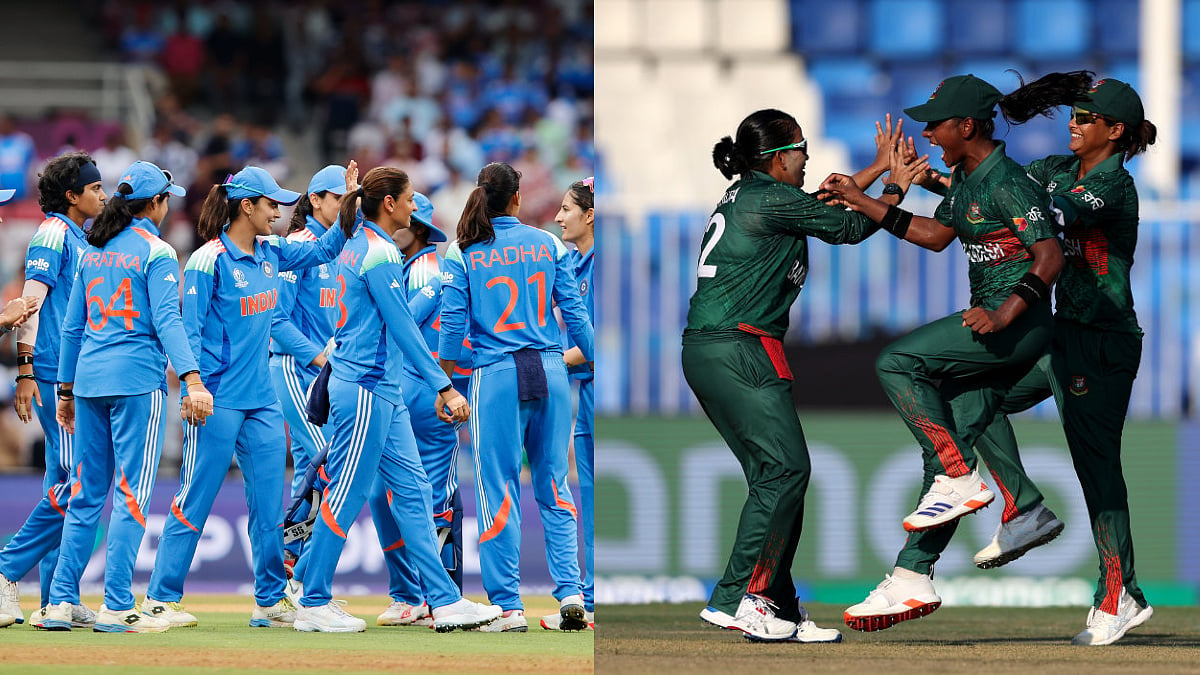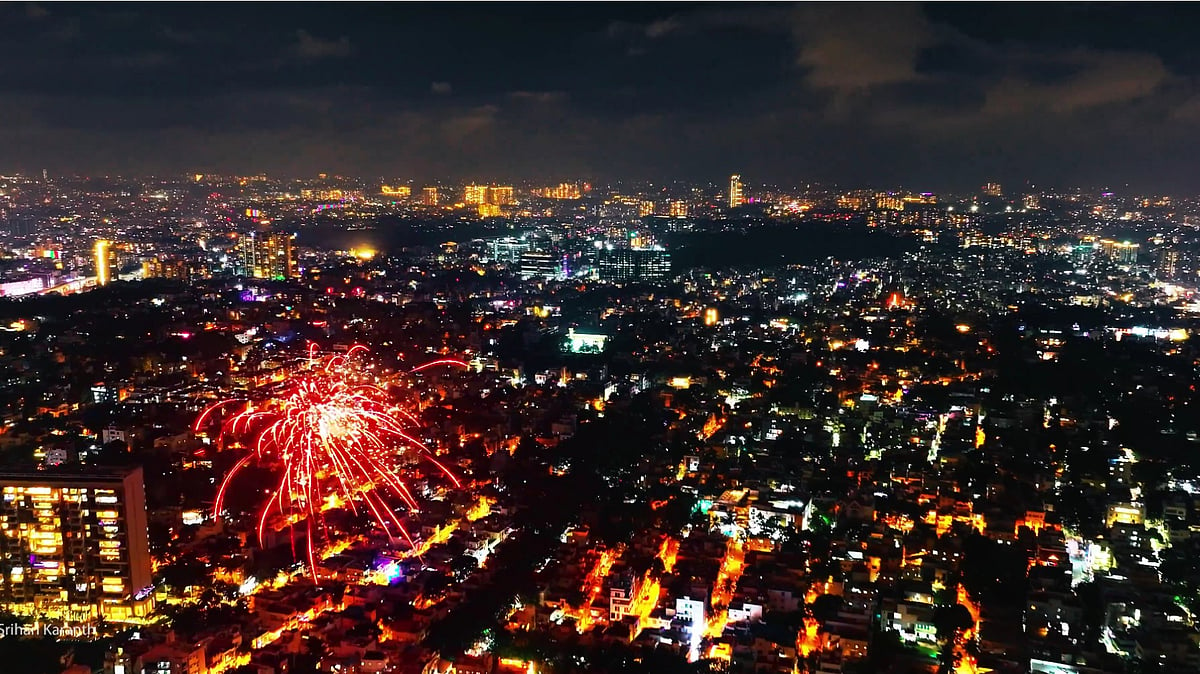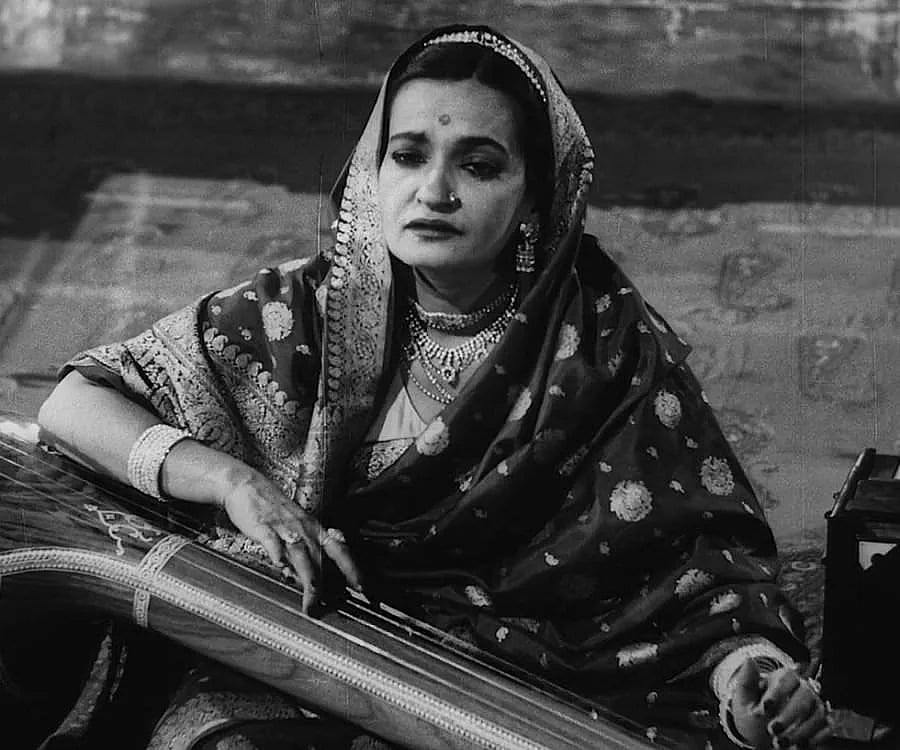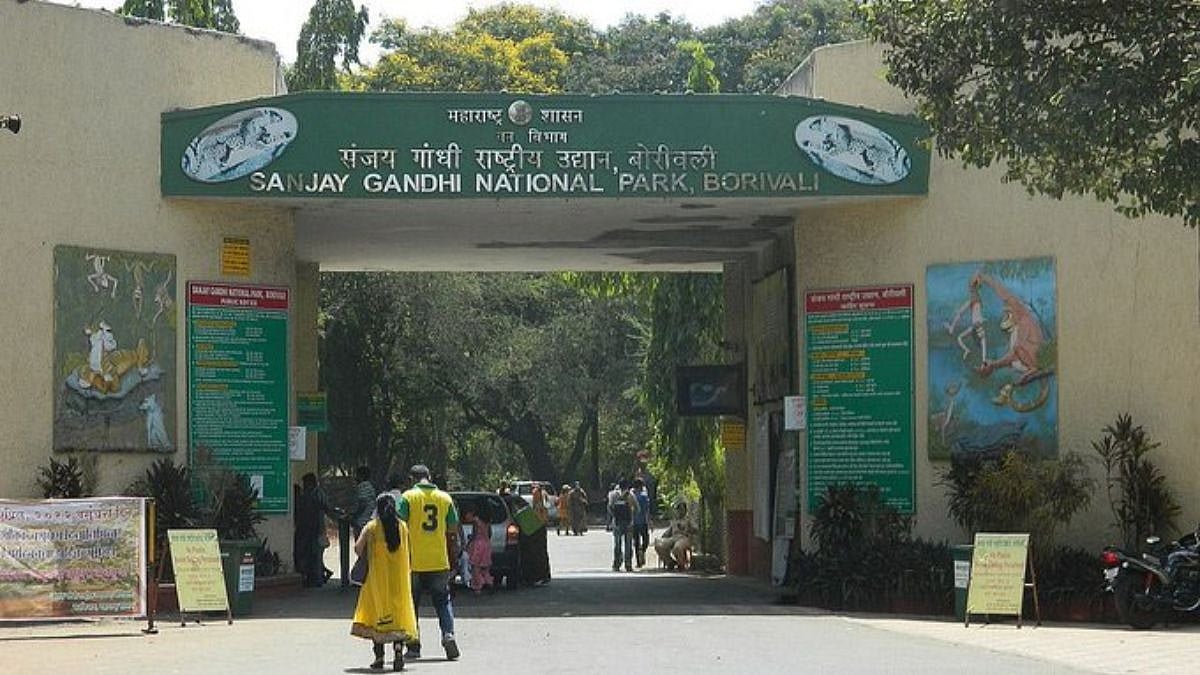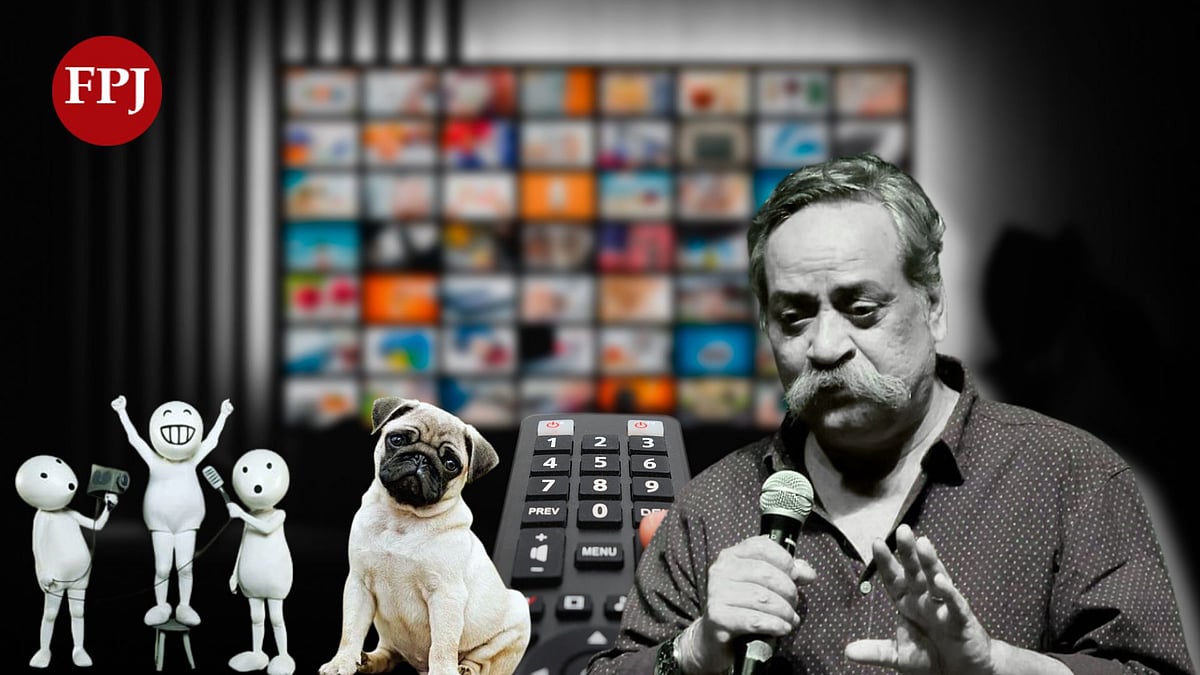Mamata Banerjee’s opposing the confirmation of Justice Kaushik Chanda as a permanent judge of the Calcutta high court on the allegation that he was a member of the BJP, which was why she sought to transfer her election petition from his bench, highlights that axioms of judicial independence taught in law schools are more mythical than realistic. All law students learn that judges are independent of the government by a legal fiction created, which means they are paid from the Consolidated Funds of India and their respective state governments but are not government employees -- to uphold their independence.
The reality is different. As per the Memorandum of Procedure, those lawyers whose names are vetted by any high court collegium for elevation as judges must be sent to the chief ministers of their states for further vetting, after which their names are sent to the governor of the state and then directly to the ministry of law and justice in New Delhi. Only then are these names sent to the Chief Justice of India, who consults his seniormost colleagues and the judge conversant with the affairs of that high court from where the lawyers are to be elevated. The list is then sent back to the ministry, which forwards it to the Prime Minister who advises the President to issue the warrants appointing them judges.
Written objections
Chief ministers or even the Prime Minister can object to the proposal to elevate a certain lawyer but their objections must be in writing. The chief minister is free to submit his own candidates for being considered as high court judges, which means these judges owe their position to that chief minister. Sometimes, judges may recuse from hearing cases involving that chief minister as happened when two Supreme Court judges recused from hearing Mamata Banerjee’s sensitive matter against a CBI probe into post-poll violence. The two are Justices Indira Banerjee and Anirudha Bose, both from the Calcutta high court. Neither have given reasons for recusing themselves.
In August 2017, the then seniormost collegium member, Justice Jasti Chelameswar wrote to the then CJI J S Khehar, pointing out the allegedly identical wording in two letters written separately by Justice N V Ramana (now the CJI) and the then Andhra chief minister N Chandrababu Naidu, objecting to the elevation of six advocates as high court judges of Andhra Pradesh. The opinions of the chief ministers of both Andhra Pradesh and Telangana were sought, regarding the suitability of these lawyers for elevation as high court judges in 2017.
In May 2021, Maharashtra Chief Minister Uddhav Thackeray paid a ‘courtesy visit’ to the chief justice of the Bombay high court, Dipankar Datta. Officials refused to divulge details of the meeting, which is unusual.
The Andhra Pradesh high court is in the midst of a controversy again because it has taken suo motu cognizance of withdrawal of 11 criminal cases against the present chief minister Y S Jagan Mohan Reddy, who had accused the present CJI Justice N V Ramana of allegedly taking undue interest in the allocation of cases to high court judges in Andhra Pradesh. Former CJI Arvind Bobde gave a clean chit to Ramana, to enable him to be sworn in as the 48th CJI. But now, the registration of 11 separate revision petitions by the Andhra high court administration challenging the orders passed by different magistrates withdrawing the criminal cases has raked up another controversy.
Freedom of judiciary
When we bear in mind that chief ministers like Y S Jagan Mohan Reddy or Mamata Banerjee or Uddhav Thackeray are free to recommend their own lawyers as high court judges or object to the confirmation of high court judges, we realise how free the judiciary really is. The banquet thrown by the Prime Minister’s Office when a CJI retires highlights this question. Top-level ministers and cabinet-rank secretaries hobnob with the outgoing CJI and incoming CJI, apart from all collegium members, to ascertain their leanings and predilections.
What few know is the report card of each high court judge is sent to the chief minister of every state with details of how many cases the judge has disposed of, including how many judgments have been reported in the law journals, how many working days the judge took to dispose of cases and how many days the judge sought leave or was absent. If the chief minister or the governor has the time to study these ‘report cards’ carefully, a clear profile of these judges emerge.
The normal procedure should be that the orders and judgments of additional (temporary) judges are scrutinised by a committee of senior judges from the same high court to ascertain whether the additional judge should be confirmed or not, before the recommendation is sent by the chief justice of that high court to the CJI, who more often than not goes by what the former recommends. Unless there are aberrations like in the case of Justice Pushpa Ganediwala, whose confirmation was recalled after she acquitted three alleged sexual predators on charges of molesting children. When Justices Dhananjaya Chaandrachud and A M Khanwilkar objected to her confirmation, the then CI Arvind Bobde overruled them.
Complicates matters
The point is when these chief ministers and governors, who are politicians, have a say in the confirmation or elevation of judges, things get more complicated. Will chief ministers like Uddhav Thackeray, Mamata Banerjee or Y S Jagan Mohan Reddy not have misgivings about approving the names of lawyers who have opposed them?
The last known case in Maharashtra of a high court judge unseating a chief minister was when the late Justice Madhav Laxman Pendse unseated the then Chief Minister Shivajirao Patil Nilangekar in 1985 for calling an examiner to ask him to pass his daughter at the MD exam held by the then Bombay University. The late Justice Pendse had held that the chief minister used ‘undue influence’ to ensure his daughter passed her MD examination.
How many judges will speak truth to power the way Justice Pendse did in 1985 is a matter of conjecture.
The writer holds a PhD in law and is a senior journalist-cum-advocate of the Bombay high court



